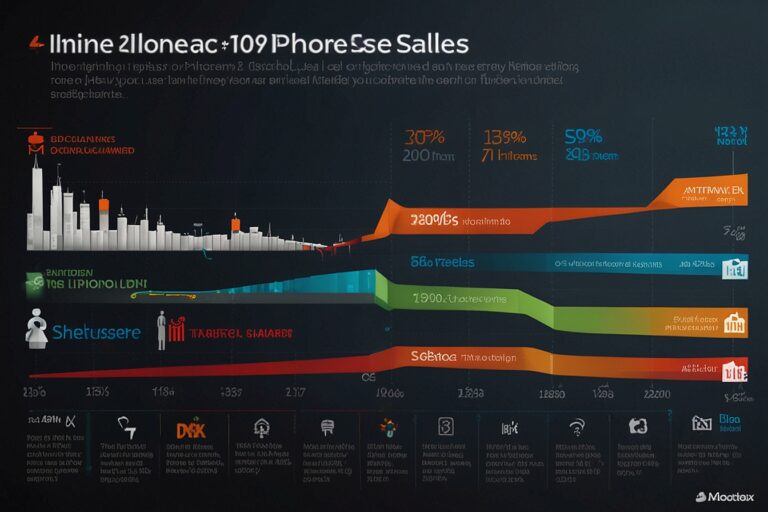
TL;DR
- Rippling alleges Deel spied on at least four rivals, including crypto payroll firm Toku
- Suit invokes the RICO Act, calling Deel a “criminal syndicate” led by its CEO
- Federal prosecutors are reportedly reviewing the case as allegations escalate
Rippling has escalated its legal battle with Deel, filing an 84-page amended complaint accusing the company of operating a “criminal syndicate” to steal trade secrets. The updated suit claims Deel infiltrated not just Rippling, but at least four competitors, one confirmed as crypto-payroll startup Toku, while the others remain unnamed.
New Allegations Expand Rippling’s Case
In the amended complaint, Rippling calls Deel a “criminal syndicate that operated from the shadows of a multibillion-dollar technology company.” The lawsuit names CEO Alex Bouaziz, CFO Philippe Bouaziz, and COO Daniel Westgarth as key actors. The case now includes charges under the Racketeer Influenced and Corrupt Organizations Act (RICO), the Defend Trade Secrets Act, and California trade-secrets law.
Legal firepower is led by Alex Spiro, a former Manhattan DA and partner at Quinn Emanuel, signaling that Rippling is positioning this case far beyond a standard corporate spat.
Espionage Allegations & Undercover Evidence
The most explosive element remains the confession of a former Rippling employee, who admitted in a sworn affidavit to spying for Deel. The employee, according to court documents, was caught in a honeypot set by Rippling. He confessed to sending sales pipelines, roadmaps, employee lists, and other sensitive documents to Deel executives,some of which were reportedly confirmed through screenshots included in the suit.
Deel Fires Back with Its Own Allegations
Deel has filed a counter-lawsuit claiming that Rippling engaged in similar behavior. Deel alleges Rippling had a staffer impersonate a client for six months to gain access to non-public product data. Their filing accuses Rippling of spying, misrepresentation, and unfair competition.
Deel argues that Rippling’s case is a “rehash” of baseless claims, with a spokesperson telling TechCrunch the company is “winning in the marketplace” and “will be vindicated in court.”
Multiple Targets, Ripple Effects
The amended complaint says Deel also targeted several of its competitors, including Toku, a crypto payroll firm that is also suing Deel over alleged espionage involving startup LiquiFi. Another unnamed victim is described as a “startup accelerator” that previously partnered with Deel, though the suit does not specify which one. Y Combinator, which has funded both Deel and Rippling, has not commented.
Sources familiar with the matter told Business Insider that more alleged victims could soon come forward, as the scope of investigation widens.
Alleged Targets & Legal Timeline
| Category | Detail |
| Primary Plaintiff | Rippling (led by attorney Alex Spiro) |
| Defendant | Deel, CEO Alex Bouaziz |
| Legal Claims | RICO, Defend Trade Secrets Act, California Trade Secrets Law |
| Named Victims | Rippling, Toku, and others (unnamed) |
| Counterclaim | Deel accuses Rippling of impersonation-based espionage |
| Federal Involvement | Sources say prosecutors are reviewing case |
| Law Firms | Quinn Emanuel (Rippling) |
Why the RICO Statute Is So Important
Using the RICO statute in a civil case is rare and highly strategic. It allows plaintiffs to argue that wrongdoing wasn’t a one-off, but a pattern of organized misconduct, often resulting in triple damages. The suit even introduces the term “Bouaziz Racketeering Enterprise” to describe the alleged structure behind Deel’s actions.
If successful, the charges could elevate the case from trade secret theft to allegations of organized white-collar crime, potentially opening the door to criminal prosecution.
Rippling’s “Spy” Story: A Recap
Rippling’s key evidence centers around a former employee who allegedly worked as a double agent for Deel. According to the TechCrunch report, the employee stole internal Slack messages, sales data, and hiring plans, and provided them to Deel over a prolonged period.
The affidavit was presented in court, and the same individual was reportedly dismissed after the honeypot sting operation confirmed the breach.
Ongoing Legal Risks for Both Sides
Neither side appears willing to settle. Deel continues to dismiss Rippling’s suit as a media-driven campaign and reiterates that there is no active federal investigation, saying in a statement:
“We are not aware of any active investigations into our business… Rippling has a history of false allegations to prompt media leaks.”
Still, sources cited in Business Insider maintain that federal authorities are reviewing the case, though no charges have been filed yet.
Broader Implications for HR Tech
This lawsuit is forcing HR tech companies,especially Employer of Record (EOR) platforms,to consider the ethical and legal risks of competitive intelligence. The case may lead to stronger internal controls, new compliance policies, and deeper scrutiny of how firms collect intelligence.
If proven in court, Rippling’s allegations could mark a precedent-setting moment for how tech companies litigate over trade secrets in high-growth, high-stakes markets.




